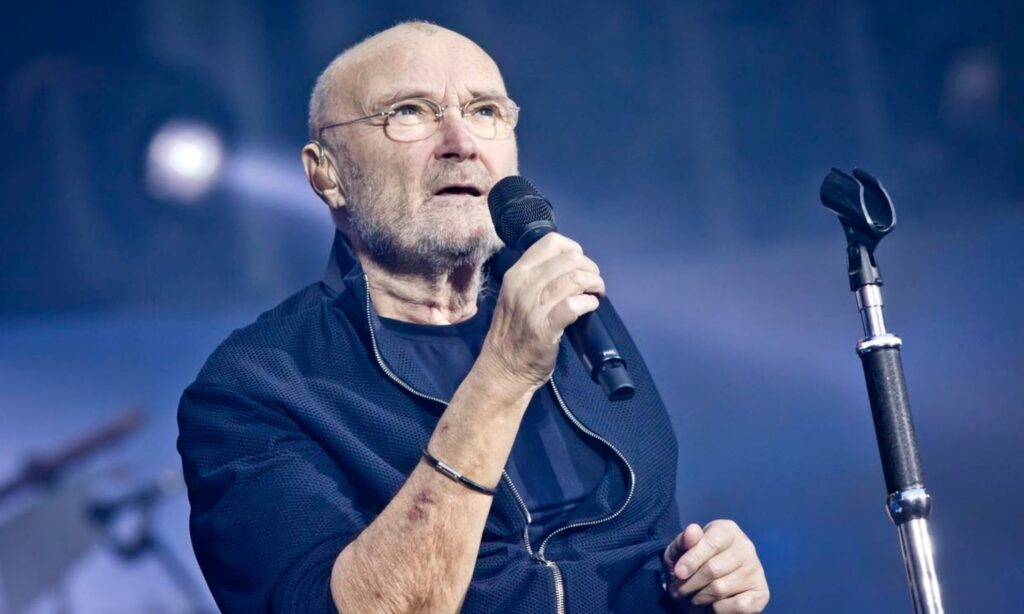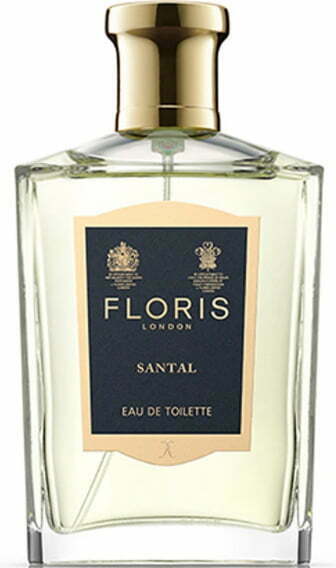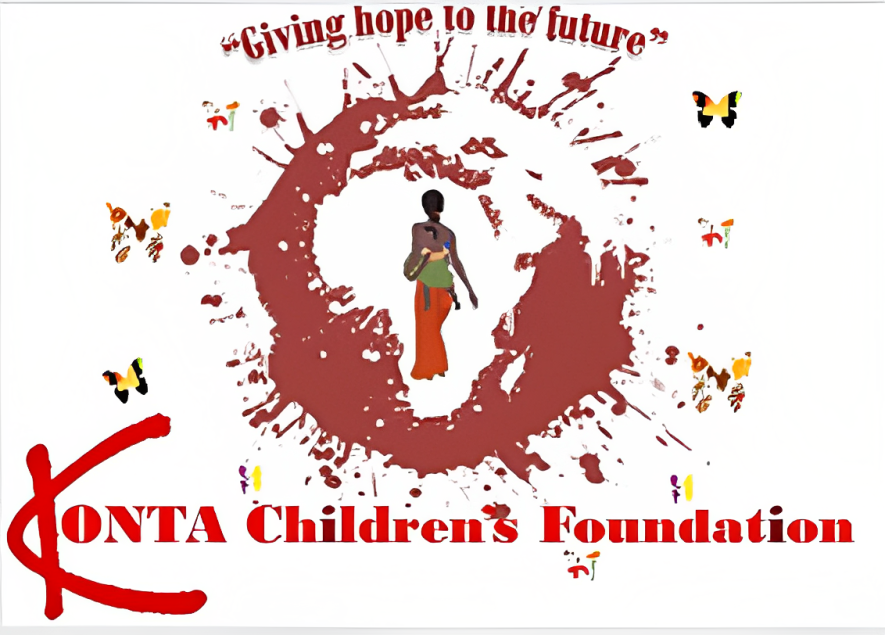PHIL COLLINS

Philip David Charles Collins LVO (born 30 January 1951) is an English singer, drummer, songwriter, record producer and actor. He was the drummer and later lead singer of the rock band Genesis and also has a career as a solo performer. Between 1982 and 1990, Collins achieved three UK and seven US number one singles as a solo artist. When his work with Genesis, his work with other artists, as well as his solo career are totalled, he was responsible for more US top 40 singles than any other artist during the 1980s. His most successful singles from the period include “In the Air Tonight”, “Against All Odds (Take a Look at Me Now)”, “One More Night”, “Sussudio”, “Another Day in Paradise” and “I Wish It Would Rain Down”.
Born and raised in west London, Collins began playing drums at five and completed drama school training, which secured him various roles as a child actor, with his first major role at 13 as the Artful Dodger in the West End musical Oliver!. He then pursued a musical career, joining Genesis in 1970 as their drummer and becoming lead singer in 1975 following the departure of Peter Gabriel. Collins began a successful solo career in the 1980s, initially inspired by his marital breakdown and love of soul music, releasing the albums Face Value (1981), Hello, I Must Be Going (1982), No Jacket Required (1985) and …But Seriously (1989). Collins became, in the words of AllMusic, “one of the most successful pop and adult contemporary singers of the ’80s and beyond”. He also became known for a distinctive gated reverb drum sound on many of his recordings. In 1985, he was the only artist to perform at both Live Aid concerts. He also resumed his acting career, appearing in Miami Vice and subsequently starring in the film Buster (1988).
Collins left Genesis in 1996 to focus on solo work; this included writing songs for Disney’s animated film Tarzan (1999). He wrote and performed the songs, “Two Worlds”, “Son of Man”, “Strangers Like Me” and “You’ll Be in My Heart”, the latter of which earned him the Academy Award for Best Original Song. He rejoined Genesis for their Turn It On Again Tour in 2007. Following a five-year retirement to focus on his family life, Collins released his memoir in 2016 and completed his Not Dead Yet Tour in 2019. He then rejoined Genesis in 2020 for a second reunion tour, ending in March 2022.
Collins’s discography includes eight studio albums that have sold 33.5 million certified units in the US and an estimated 150 million records sold worldwide, making him one of the world’s best-selling artists. He is one of only three recording artists, along with Paul McCartney and Michael Jackson, who have sold over 100 million records both as solo artists and separately as principal members of a band. He has won eight Grammy Awards, six Brit Awards (winning Best British Male Artist three times), two Golden Globe Awards, one Academy Award, and a Disney Legend Award. He was awarded six Ivor Novello Awards from the British Academy of Songwriters, Composers and Authors, including the International Achievement Award. He received a star on the Hollywood Walk of Fame in 1999, and was inducted into the Songwriters Hall of Fame in 2003 and the Rock and Roll Hall of Fame as a member of Genesis in 2010. He has also been recognised by music publications with induction into the Modern Drummer Hall of Fame in 2012, and the Classic Drummer Hall of Fame in 2013.
Philip David Charles Collins was born on 30 January 1951 at Putney Hospital in Wandsworth, south-west London. His father, Greville Philip Austin Collins (1907–1972), was an insurance agent for London Assurance and his mother, Winifred June Collins (née Strange, 1913–2011), worked in a toy shop and later as a booking agent at the Barbara Speake Stage School, an independent performing arts school in East Acton. Collins is the youngest of three children: his sister Carole competed as a professional ice skater and followed her mother’s footsteps as a theatrical agent, and his brother Clive was a noted cartoonist. The family moved twice by the time Collins had reached two; they settled at 453 Hanworth Road in Hounslow, Middlesex.
Collins was given a toy drum kit for Christmas when he was five, and later his two uncles made him a makeshift set with triangles and tambourines that fitted into a suitcase. As Collins grew older, these were followed by more complete sets bought by his parents. He practised by playing along to music on the television and radio. During a family holiday at a Butlin’s, a seven-year-old Collins entered a talent contest singing “The Ballad of Davy Crockett”, but stopped the orchestra halfway through to tell them they were in the wrong key. The Beatles were a major early influence on Collins, including their drummer Ringo Starr. He followed the lesser-known London band the Action, whose drummer he would copy and whose work introduced him to the soul music of Motown and Stax Records. Collins was also influenced by jazz and big band drummer Buddy Rich, whose opinion on the importance of the hi-hat prompted him to stop using two bass drums and start using the hi-hat.
Around twelve, Collins received basic piano and music tuition from his father’s aunt. He studied drum rudiments under Lloyd Ryan and later under Frank King, and considered this training “more helpful than anything else because they’re used all the time. In any kind of funk or jazz drumming, the rudiments are always there.” Collins never learned to read or write musical notation and devised his own system, which he regretted in later life. “I’ve always felt that if I could hum it, I could play it. For me, that was good enough, but that attitude is bad.”













